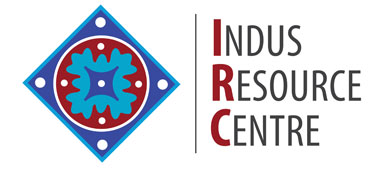Child marriage in Pakistan
Oxfam partnered with Bedari, Indus Resource Center (IRC) (2016 – 2019), and Baanh Bheli (2020) to implement the Marriage: No Child’s Play (MNCP) programme from 2016 – 2020. In MNCP, MTBA adopted a holistic approach that is girl-centred and community-driven. The programme design was thematically integrated and creates opportunities and platforms for adolescents, particularly girls. You can read more about this on the How page of this website.
Below are a few of the key achievements of MNCP in Pakistan:
Impact:
- The MNCP project positively impacted the percentage of girls getting married before 18 years old. At baseline, 26% of the girls were married before 18. This decreased to 11% atendline.Informeddecisions:
- Girls’ knowledge on family planning, as well as girls’ knowledge on marriage, positively increased because of the MNCP project. For instance, the percentage of girls with basic knowledge on menstruation almost doubled (from 23% to 67%), and the percentage of girls knowing the legal minimum age of marriage increased from 45% to 70%.
Alternative life paths:
- The MNCP project positively impacted girls’ financial independence and literacy. For instance, girls’ financial literacy increased from 1.0 to 1.7 on a scale from 0-3.
Enabling Environment:
- The enabling environment, proxied by household members’ knowledge on harmful effects of child marriage and early childbearing, social norms on marriage before 18 years old, and attitudes towards gender equality, is positively impacted by the MNCP project. Household members reporting their personal attitudes that 18 or older is an appropriate age for marriage increased from 79% to 91%.

